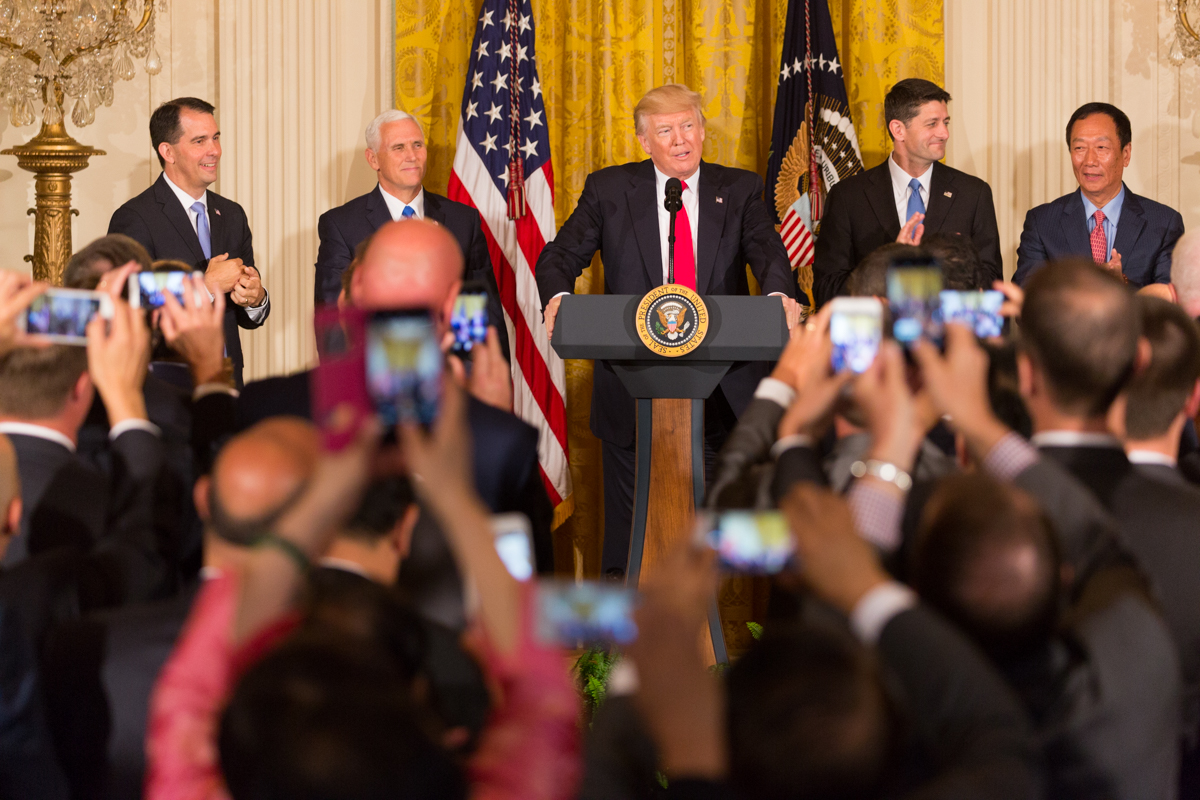-
Trump administration considering weakening mercury emissions standards
Date posted:
-
-
-
Post Author
Patrick LaveryCombustion Industry News Editor
-

-
Already in the news this week due to their effect on reducing NOx and SO2 pollutants from coal firing in the US, the Mercury and Air Toxic Standards have become the subject of a new push by the Trump administration to reduce the costs incurred by coal-fired power plant operators. Since August last year, the Environmental Protection Agency, which first developed the standards in 2011, has been reconsidering the need for enforcing mercury standards, and recently announced it was proposing that regulating hazardous air pollution was not necessary because the costs of doing so greatly outweigh the benefits. Its assessment has found that complying with the standards costs US$7.4-9.6 billion (€6.5-8.4 billion) per year, whereas the ‘monetized benefits’ are three orders of magnitude smaller, at US$4-6 million (€3.5-5.2 million) per year, while unquantified benefits are not enough to support the ongoing enforcement of the standards. The EPA’s comments were met with strong opposition from environmental groups, with the Sierra Club issuing a statement that the proposed change to the policy would mean “more pregnant women, young children, and the elderly will be exposed to deadly neurotoxins and poisons, just so wealthy coal and oil barons can make a few extra bucks. Virtually every coal plant in the U.S. has already met this lifesaving standard, and now Trump is recklessly trying to roll it back.” There will be a 60-day public comment period on the proposed rule change, which is sure to attract many responses. With most plants having already installed mercury control technology, it is unclear how much financial help a changed policy would mean for plant owners.
